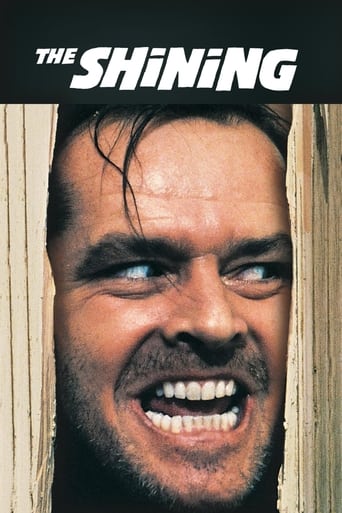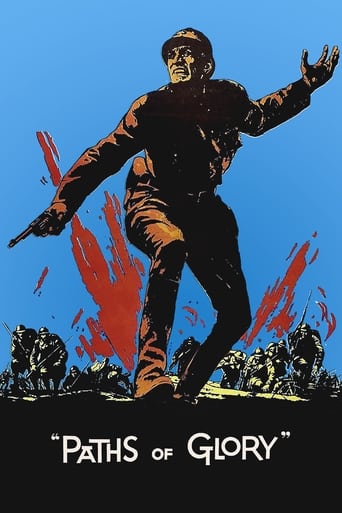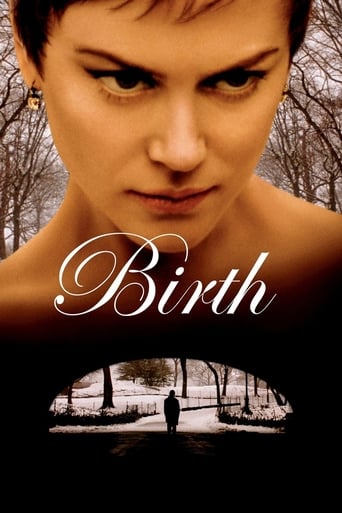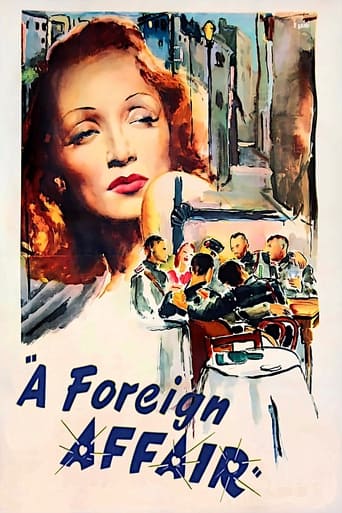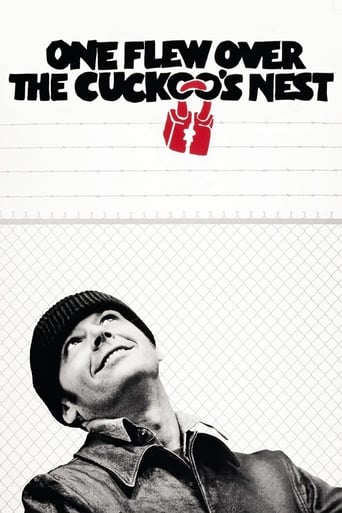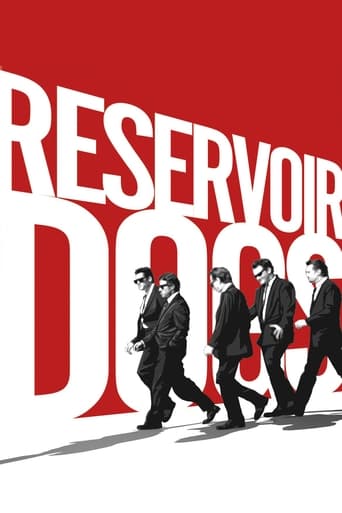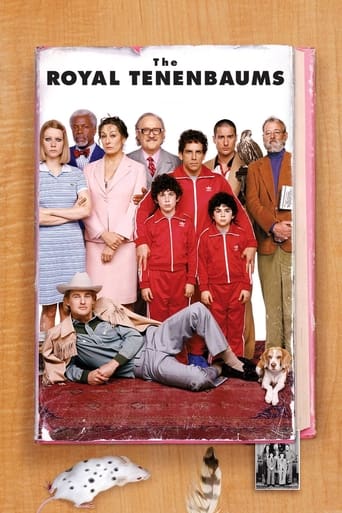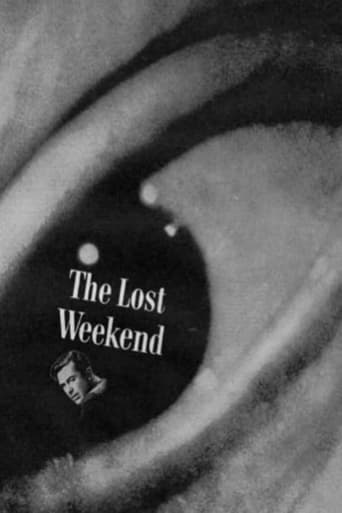


The Lost Weekend
Don Birnam, a long-time alcoholic, has been sober for ten days and appears to be over the worst... but his craving has just become more insidious. Evading a country weekend planned by his brother and girlfriend, he begins a four-day bender that just might be his last - one way or another.
-
- Cast:
- Ray Milland , Jane Wyman , Phillip Terry , Howard Da Silva , Doris Dowling , Frank Faylen , Mary Young


Similar titles
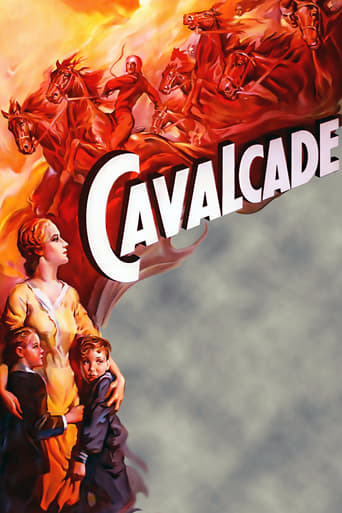
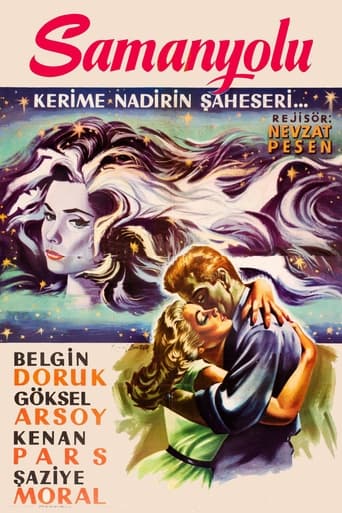
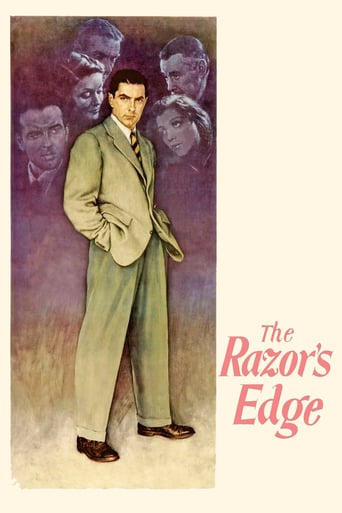
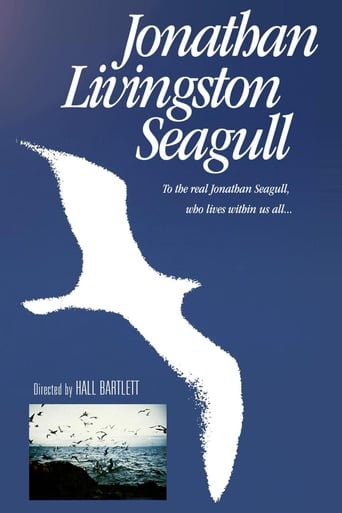
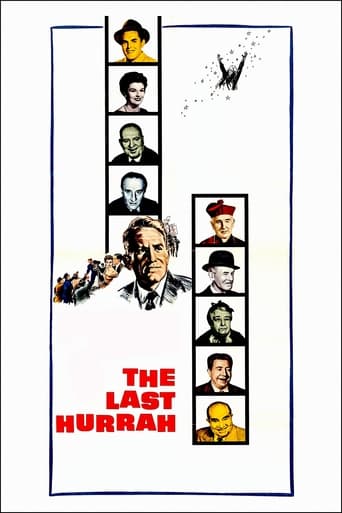
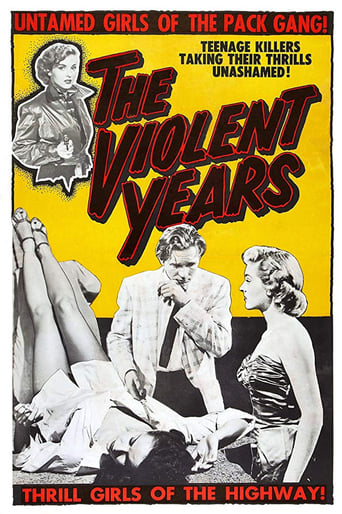
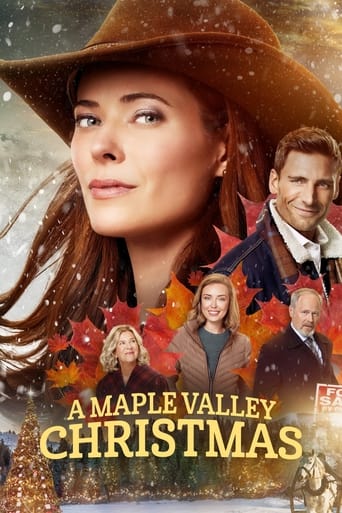

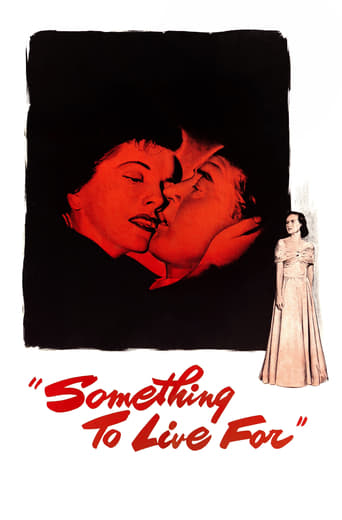
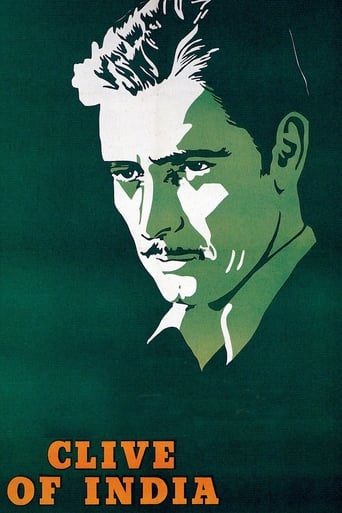
Reviews
I don't have all the words right now but this film is a work of art.
Good story, Not enough for a whole film
The acting is good, and the firecracker script has some excellent ideas.
The acting in this movie is really good.
'The Lost Weekend (1941)' wraps itself up a little too quickly to be entirely convincing, though the promises made in the finale could be just as empty as those made in the opening (making the ending much darker than it appears to be), and there is the occasional lull in pace marked by a repetition indicative of the alcoholism of the protagonist, but it's a daring and generally powerful cry against addiction in all its forms compounded by some excellent writing and performances (especially the Oscar-winning turn from Ray Milland) that really get into the psychology of the characters. 7/10
I often take a fair bit of flack for listing The Lost Weekend as my favorite Billy Wilder film. With a career spanning over a dozen classics, The Lost Weekend, which took home top prize at the Oscar's in 1945, is often overlooked in Billy Wilder's accomplished filmography. The Lost Weekend isn't just my favorite Billy Wilder film, it's one of my favorite films of all time. Starring the ever alluring Ray Milland and Jane Wyman, the story of an alcoholic struggling through a 4-day drinking binge is a heartbreaking to watch. Don Birnam, (Ray Milland) is an alcoholic who has recently begun the road to recovery, or so he pretends. When his brother Wick (Phillip Terry) plans a weekend away in the country with Don and his girlfriend Helen St. James (Jane Wyman) the thought of being away from the bottle with no chance of a drink becomes overwhelming to Don. Maybe all Don needs is a send-off from the bar to get him through the long weekend. Manipulating Helen, who loves Don dearly despite his addiction, he convinces her to take his brother to a show promising to leave on the train for the country when they return. Once Don is in front of the bartender he loses all track of time, missing the train and his brother who took an angry cab ride home after being stood up by Don. Don spends a great deal of time reminiscing about his life as a young writer. Don abandoned college after a story he wrote sold to a magazine, only to find that same amount of success unattainable to him in his mid- thirties. Stopping at nothing to drown his sorrows about the unhappiness of his writing career and his life, Don's weekend binge leads him to the hospital, then back at home as he contemplates the only option for him that will seem to make everyone happy.The most obvious statement of the day is that Billy Wilder was a phenomenal director. He had a controlled yet inviting relationship with the camera that I truly appreciate. My favorite shot in cinema history is tucked into The Lost Weekend. The first time we see Don in the bar, it is indicated that time is passing solely by additional rings from his glass appearing on the table. The subtle beauty yet despair contained in that shot makes me pause the film at that moment each time I watch it just to be able to appreciate it for a few extra seconds. Wilder also captures a brilliant shot of a reflection in the mirror near the end of the film that allows Hellen to see just how dire Don's situation has become. There were also a couple scenes involving visions that were incredible. The scene of Don at the opera where he longs for the alcohol he stashed in his checked coat so badly he begins to imagine scores of his overcoat parading on stage was a dream to watch. Don also has a breakdown before falling asleep once back at his home where he imagines a mouse climbing out of a hole in his wall only to be attacked by a bat in his apartment perfectly illustrating the futile effort Don felt against the much more aggressive opponent of his alcoholism that he was facing. As for capturing the perils of addiction, The Lost Weekend succeeds tenfold. The Lost Weekend is a perfect double bill along with Otto Preminger's The Man with the Golden Arm which explores the life of a heroin addict. The Lost Weekend displays the family of the addict which is often a mix of enabling and tough love, the film illustrates the rage the addict often experiences when too many obstacles impede their next fix and the desperation of exhausting every seemingly available opportunity to get it. The audience is invited into Don Birnam's life when the camera pans his apartment windows from the outside before following the string attached to a bottle into his apartment. The string hiding a fix is a perfect metaphor for what Don's life has become. His life teeters on a precipice of resuming his writing career and settling down with Hellen or sinking deeper and deeper towards the bottle where "one (drink) is too many and 100 is not enough". We begin the emotional ride of the film outside of Don't life, then invited in for an intimate look at the weekend in which Don must make the decision that will dictate the rest of his life.This brings me to the Ray Milland portion of this review. I love Ray Milland, and The Lost Weekend was the first film I saw of his. I was sold on his style immediately and only grew to love him more when Dial M for Murder became another personal favorite. His reserved command of the screen works for me on every level. Milland's name is one I don't hear nearly as often as I'd like to hear thrown around as a screen great of the Golden Age of Hollywood. His portrayal of Don Birnam which goes from the brink of despair complete with tears and screaming to the acceptance of an existence beyond alcohol was more than deserving of a gold statuette at the '45 Oscars, as well as a place in my heart for eternity. Maybe it was Ray Milland's perfect portrayal of an alcoholic that kept me from taking even one drink my entire life, who knows.
The Lost Weekend takes a surprisingly frank look at alcoholism for a 1940's film. Unlike a lovable alcoholic as in the Pulitzer Prize winning play "Harvey" of the same era, Don Birnam is an alcoholic who lies to and uses everyone who loves him, like real alcoholics, because his next drink is the most important thing to him.There are many intriguing scenes in this movie. There is a scene where Birnam tries to steal a lady's purse and gets thrown out of the bar in humiliation. There is a scene in Bellevue. There is a scene where Birnam gets the DT's.The end, where Birnam suddenly quits drinking and starts writing his novel is perhaps the only hard to accept scene in the movie. It is not that unrealistic—some alcoholics do recover—but it is hard to imagine Birnam quitting without "falling off the wagon" again. Perhaps it is hard to imagine any real alcoholic successfully quitting, because it is so hard for them to do so.
Possibly the first Hollywood film to treat alcoholism in anything resembling a serious realistic way. The film is almost has a sense of an Orson Welles's an uncompromising look at the devastating effects of alcoholism. Directed by Billy Wilder, and based on Charles R. Jackson's 1944 novel of the same title, 'the Lost Weekend' recounts the weekend life of an alcoholic writer, Don Birnam (Ray Milland) where he went on an extreme alcoholic binge. Ray Milland is just the right actor for the job as he really gives out the character willing to do almost anything for a drink. It was no surprise, that he won Best Actor at the Academy Award in this role, that year. What makes the film so gripping is the way, Billy Wilder shot the film. I love the opening & closing shots of the city. Billy Wilder made great use of John F. Seitz's cinematography camera-work. The scene where Don Birnam is frantic looking a pawn store to sell his typewriter along Third Avenue in New York City on Yom Kippur has this sense of neo-realist morceau d'anthologue to it. You see this copy or reused in other films, where the character walking toward the camera as neon signs pass by camera effect. The drab, gritty black and white cinematography of the expressionistic film emphasized the frightening, twisting, and harrowing power of alcohol. The way, the black and white works on shadows gives it an expressionistic film noir style look. The way, the small bottle appear big in the lamp is a great use of illusion. Some of the booze-soaked scenes were shot through or in the presence of bottles, given a warp illusion of human figures. The way, he shot the staid rings of the shot glasses was great. I love the speech, Birnam gives to the bartender, not to wipe it. The enclosing rings is a symbol of the depth of his drunkenness; little vicious circle. By not wiping it, it will continue to go around and around with no end, no beginning. No end, no beginning. That's how Birnam wants it. While, some people might not his story due to his unlikable; the way, Ray acts makes the film, a little bit more charming, sucking you into the story, more and more. The film's musical score by Miklós Rózsa was among the first to feature the theremin, which was used to create the pathos of alcoholism. It's chilling, and reminds me more a tune to an old school classic horror movie, than anything drama relate at the time. The bat and the mouse scene is a lot scarier than some of these modern day horror movies. That really make the silly notice of pink elephants, scary right there. Wilder was originally drawn to this movie due to his recovering alcoholic screenwriter friend Raymond Chandler who fell off the wagon during the filming of 1944's Double Indemnity. Wilder made the film, in part, to try to help Chandler. The story is well-written with crafty dialogue. I love the whole river Nile speech. I like how Gloria (Doris Downling) cheapens herself by shortening her words with abbreviations. It's a way to say, symbolism how cheap she became as a call girl. I also love how very accurate, the film is to the book. The only different is that novel pointed to a homosexual affair as the root of Birnam's troubles; the film version replaced it with writer's block. I guess, talking about homosexuality was still a little bit more taboo than talking about alcoholism, back then. The pacing is great. Still, I found the Opera flashback to be a bit odd. If Don didn't like the opera, why did he go in the first place? Perhaps the only thing saving Don was girlfriend Helen St. James (Jane Wyman), a selfless and incorruptible woman who tolerates his behavior out of love. Helen still seems to be one-dimension, manic pixie dream girl who hasn't nothing else to do besides help Birnam with his life. Doesn't she has a job as an editorial researcher at Time Magazine or not? Helen does, however, tells him with the words, 'while he trying to stop drinking, she is trying hard not to love him'. One other different from the book is the ending. Although it's somewhat unconvincing, rehabilitative 'happy ending' conclusion. The film did had a more optimistic, upbeat and hopeful than the one in the novel. I thought the film ending was ominous and so true of anyone struggling with addiction in that one never really knows if he has really kick the habit or not. Anybody who knows or is dealing with alcoholism should at least, watch this film. When this movie came out in 1945, the liquor industry tried to sway Paramount from releasing the film, allegedly even going as far to bribe Billy Wilder for the negatives remove it from circulation. On the other hand, the more traditional folks tried to keep it from release for fears it would encourage drinking. The film had enormous impact, especially upon returning combat-fatigued GIs from WW II who were adjusting and struggling with their own difficulties in civilian life and often turning into alcohol dependents. In fact, its success spurred further black and white, post-war dramas dealing with social-problems. While the film hasn't aged well due to the number of scratches and mark abrasion, and some people might not find watching a black and white film, attractive. I have to say, a color film like 2012's Flight couldn't give us the depth, this film does. The film did great a poor DVD transfer and here's hoping they get together to properly restore both the sound and especially the picture quality of this classic film. I felt that this was a great movie with a great script, great acting, great directing and hence overall an excellent work of art with a very good message about life.


